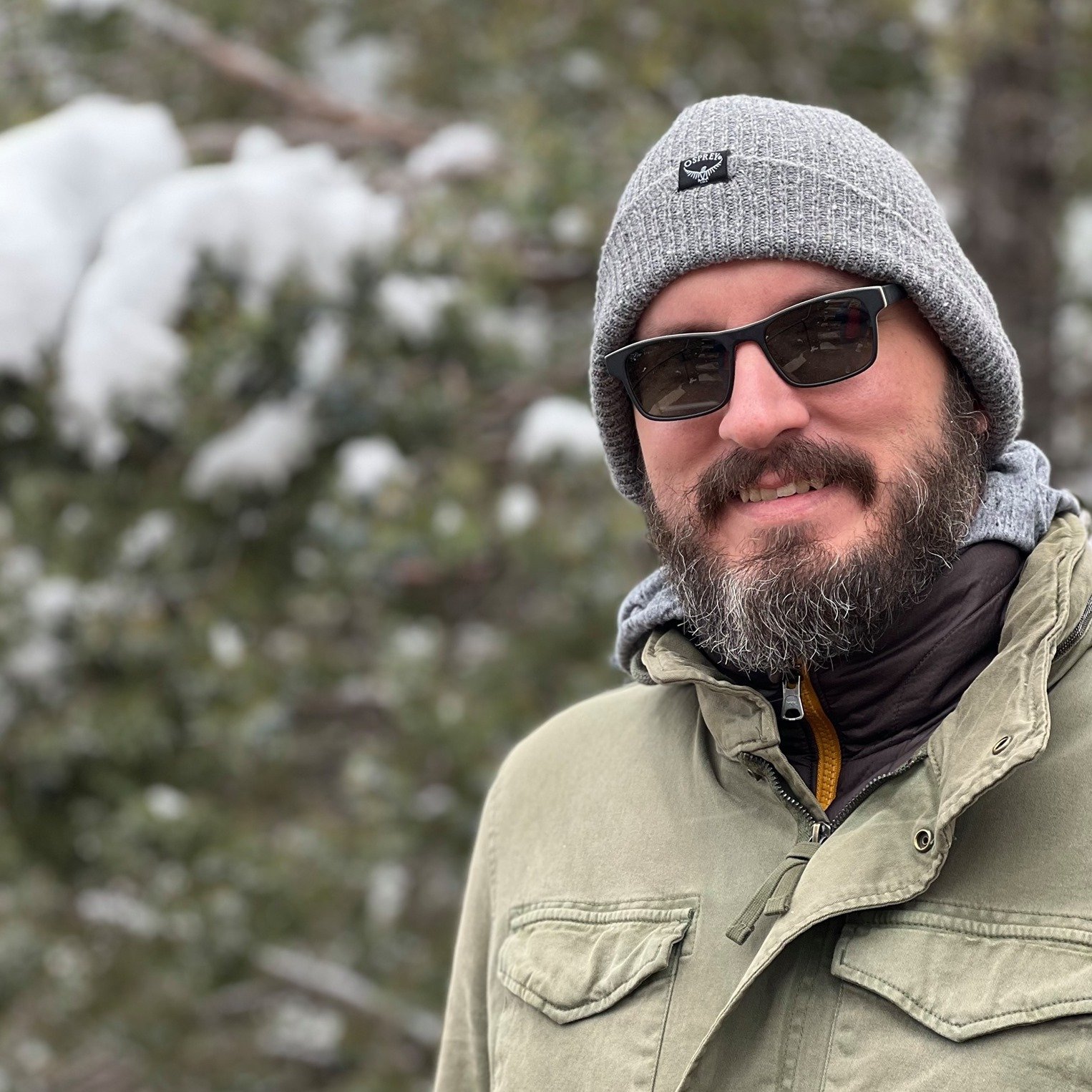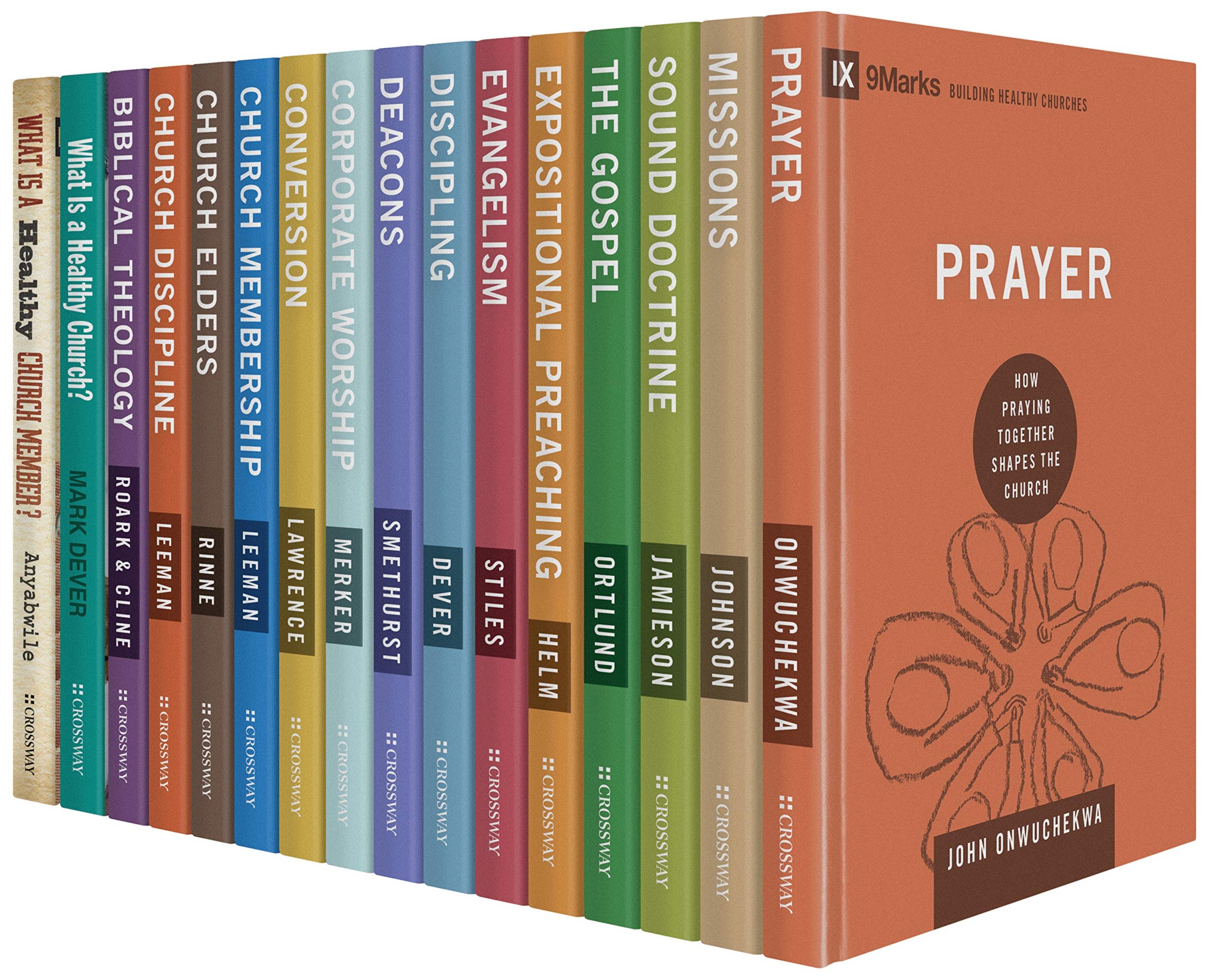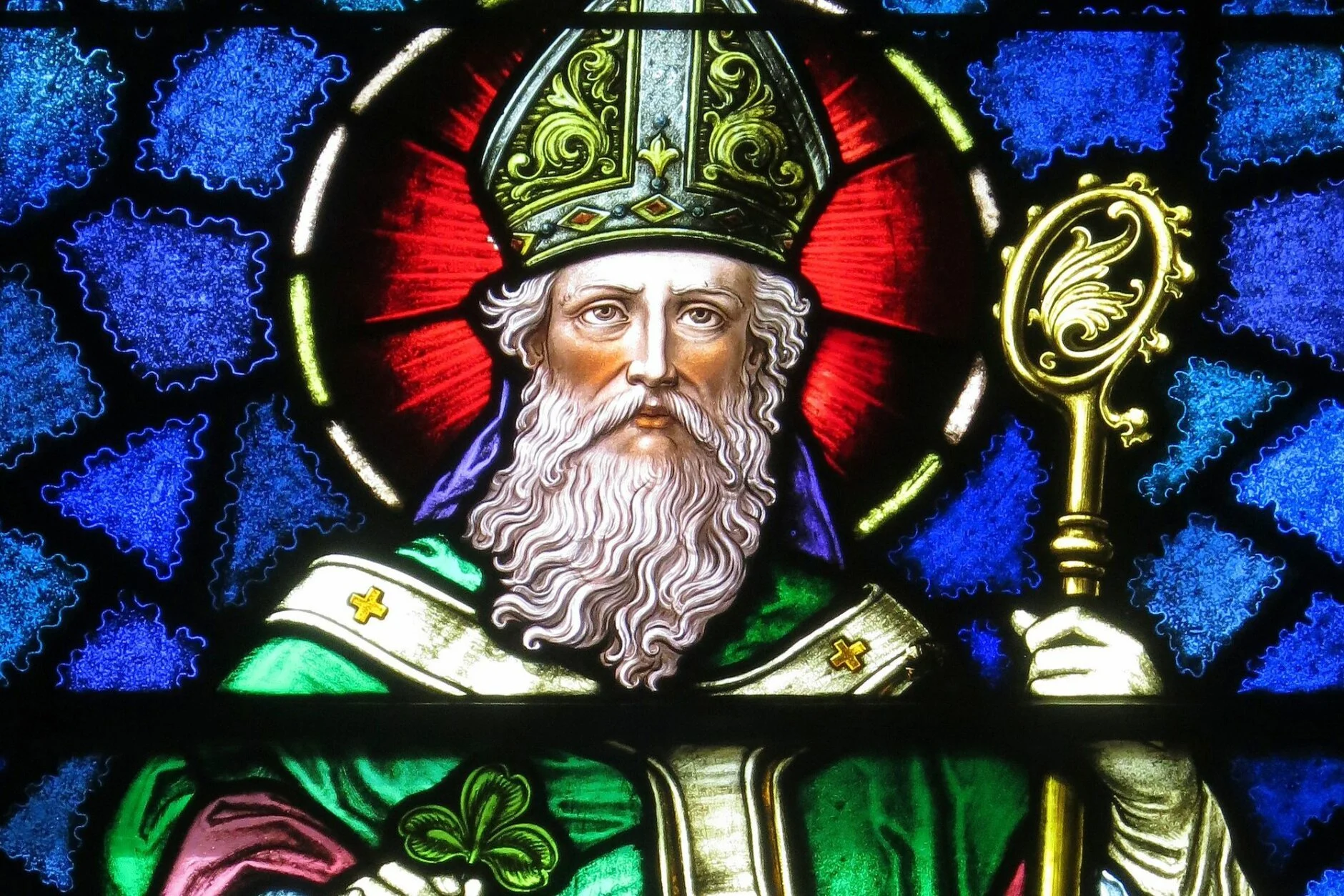As men and women study salvation, they develop specific ideas about humanity, sin, and why God saves. They also gain ideas about how it works and in what order it plays out. The $.95 word for this area of theology is soteriology, meaning the study of salvation.
Within soteriology, people understand salvation in two main areas or camps. One is called the free-will or Arminian camp. The other is called Calvinist or reformed. This post is an over-simplified summary about the topic of reformed theology. The goal is simply to offer some starting places so you an begin your own journey.
A Brief History:
Jacob Arminius (1560-1609) and John Calvin (1509-1564) were theologians who taught soteriology. After Arminius died, some of his students called the Remonstrance circulated a position of salvation with 5 points or "heads." A synod (or council) in Dort was convened (1618-1619). They determined that the 5 points of the Remonstrance were unbiblical, and they edited the points to make them biblical. Today, those points are called the 5 points of Calvinism.
What's the Issue? The Order of Salvation:
At the center of the differences is the order of salvation, that is, the order of what happens when God saves us. Both the reformed and the free-will camps agree on all ten parts of salvation. They disagree on the order. But the way we order salvation determines how we understand God, man, and how God works.
Here's the Order of Salvation from a Reformed perspective (somewhat like Grudem’s presentation):
Election (God choosing who will be saved)
The Gospel Call (the presentation of the gospel and call to believe)
Regeneration (being born again, having the heart changed)
Conversion
Justification (having a proper legal standing before God)
Adoption (being made a child of God)
Sanctification (learning how to live by God's instruction)
Perseverance (being carried to completion in salvation)
Death
Glorification (getting a redeemed resurrected body)
Here's the Order of Salvation from a Free-Will perspective:
The Gospel Call
Conversion
Election
Regeneration
Justification
Adoption
Sanctification
Perseverance
Death
Glorification
Notice that the Order of Salvation differs in the first four steps. These positions argue a biblical understanding and depend on a specific interpretation of Scripture. Both cannot be correct. It's not that both positions are right. Either one is right and one is wrong, both are wrong, or there may be some right things and some wrong things.
The Reformed position argues that time is part of creation and God exists outside of time. He can see the beginning and the end simultaneously and he is at both the beginning and end simultaneously, which is how we know prophecy is accurate. God chose who he would save before creating the world; thus, election comes first. Then the universal gospel call goes out to the world and is available to everyone. However, only those who are regenerated (eyes and ears made open and a new heart given) will respond favorably to the gospel call. Because they now see God correctly, they convert by placing their faith in God and repenting.
The Free Will position argues that God is bound by time but can see into the future, so prophecy is still accurate. The gospel call goes out to everyone worldwide. The person decides if they will answer the call. God then elects (or chooses) the person, seeing that the person first chose God, unhindered by any outside influence by God but possibly influenced away by Satan. (Technically, God did this in the past after looking down the corridors of time to see if Satan would not snatch the person away and that the person would choose God first. If it worked out, then God chose the person.) After the person converts to God, God opens up the eyes and ears and gives the person a new heart.
Misunderstandings:
Sometimes, a misunderstanding happens when it comes to the need for evangelism. Some free-will people argue that reformed people do not care about evangelism or mission. But remember that the gospel call is one of the steps of the Order of Salvation. That call is made by believers preaching or sharing the gospel. (Sadly, some hyper-reformed people don't do evangelism, but that's not the theology.)
At other times, a misunderstanding happens when reformed people argue that free-will people do not know and study their Bible well. This is also false. Some serious, respected theologians knew the Bible exceptionally well and came to free-will conclusions. The churches in reformed positions often hold high views about expository preaching, but this view is not exclusive to either camp. (Sadly, some hyper-free-will people take an over-realized position about grace and don't hold a high view of the entire Bible or the preached Word, but that's not the theology.)
Sometimes people assume that reformed people are stodgy, grumpy jerks. This is sad because being saved by God is no reason to be grumpy. Christians (in both camps) should be the happiest, joy-filled people on earth. Some reformed people are grim, but that's not part of the theology. Some reformed people think it's their job to fight people and culture, but some free-will people do too.
Sometimes people believe that free-will people are egalitarian or liberal. This is not a part of the theology. You can find egalitarians and complementaries and liberals and conservatives in both camps.
Sometimes people say that reformed people (Calvinists) are not saved. Other times people say that free-will people (Arminians) are not saved. Our faith in Jesus Christ determines our salvation. Repenting from your ways and believing that Jesus is who he says he is and calling him Lord (letting him call all the shots) is how you get saved, no matter what you believe about the order of how it happens.
What Do We Do With This?
J.I. Packer once pointed out that if we ever pray and ask God to save someone, we've asked God to violate that person's free-will, and we're thinking like a reformed person. On the other hand, if we've ever felt like we're not skilled enough or not convincing enough when we share the gospel, we're thinking like a free-will person.
This debate is nothing to get worried about. Do your best to let the Bible lead you in your convictions at the end of the day. Continue to share the gospel. Continue to follow the Lord. And don't get too worried or worked up about how God saves people.
Were the Denominations Camp:
Some entire denominations go one way or the other. The Presbyterians, Dutch Reformed, and Lutherans hold the reformed view. Most Anglicans are reformed, but not all. The Methodists, Free-Will Baptists, Assemblies of God, Calvary Chapel, Christian Missionary Alliance, and Church of God are free-will. Most Four Square churches and nearly all the pentecostal and charismatic denominations lean free will. The Evangelical Free Church and many Baptist denominations can be reformed or free will. The Southern Baptists make room for both. (Jared Jenkins and I recorded a podcast in 2012 or 2013 about Calvinism in the Southern Baptist Convention, in which we explained the two camps and how we work together. You can listen to that here.) However, some Baptist denominations have staked serious claims one way or the other, such as the Free-Will Baptists and the Reformed Baptists.
Notable preachers and/or authors who hold to a reformed theology:
Augustine
Martin Luther
John Calvin
John Knox
John Bunyan
John Newton
Issac Watts
George Whitfield
Charles Spurgeon
BB Warfield
J. Gresham Machen
Martin Lloyd-Jones
A. W. Pink
Francis Shaeffer
J.I. Packer
RC Sproul
Alistair Begg
John Piper
D.A. Carson
Wayne Grudem
Tim Keller
Mark Dever
David Helm
Chuck Swindoll
Matt Chandler
J.D. Greear
Jen Wilkin
Joni Eareckson Tada
Susan Hunt
Nancy Guthrie
Gloria Furman
Jackie Hill Perry
Rosaria Butterfield
Notable preachers and/or authors who hold to a free-will theology:
Jacobus Arminius
John Goodwin
William Laud
Charles Wesley
John Wesley
Charles Ryrie
D.L. Moody
Oswald Chambers
C.S. Lewis
A.W. Tozer
E.M Bounds
Billy Graham
J. Vernon McGee
Howard Hendricks
Roger E. Olson
Grant Osborne
Gordon Fee
Norm Giesler
Jerry Falwell
James Dobson
Jeff Iorg
Ray Comfort
Mildred Wynkoop
Aimee Semple McPherson
June Hesterly
Santy Macintost
Lysa Terkeusrt




















